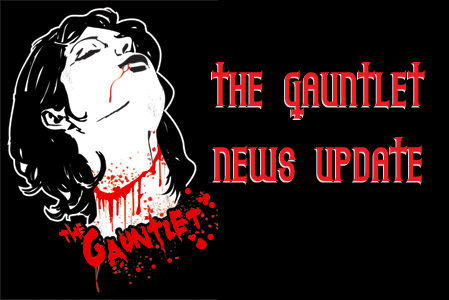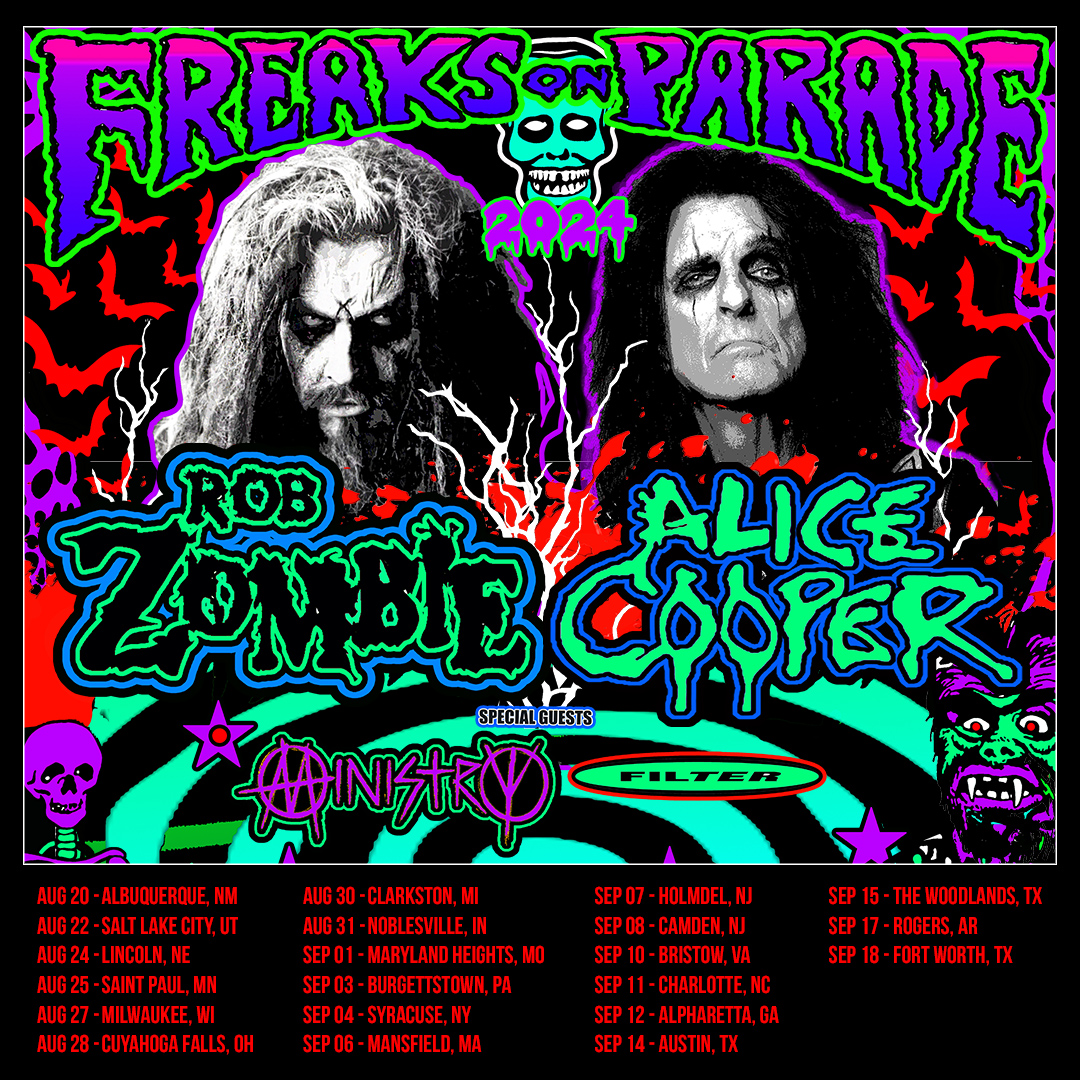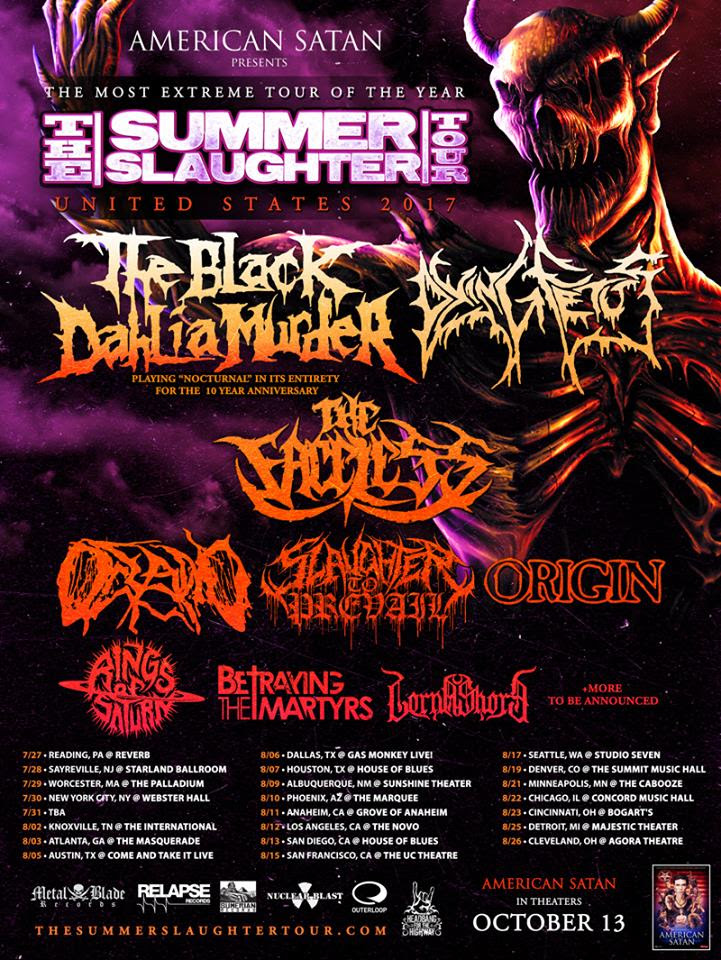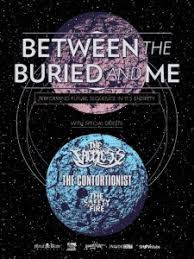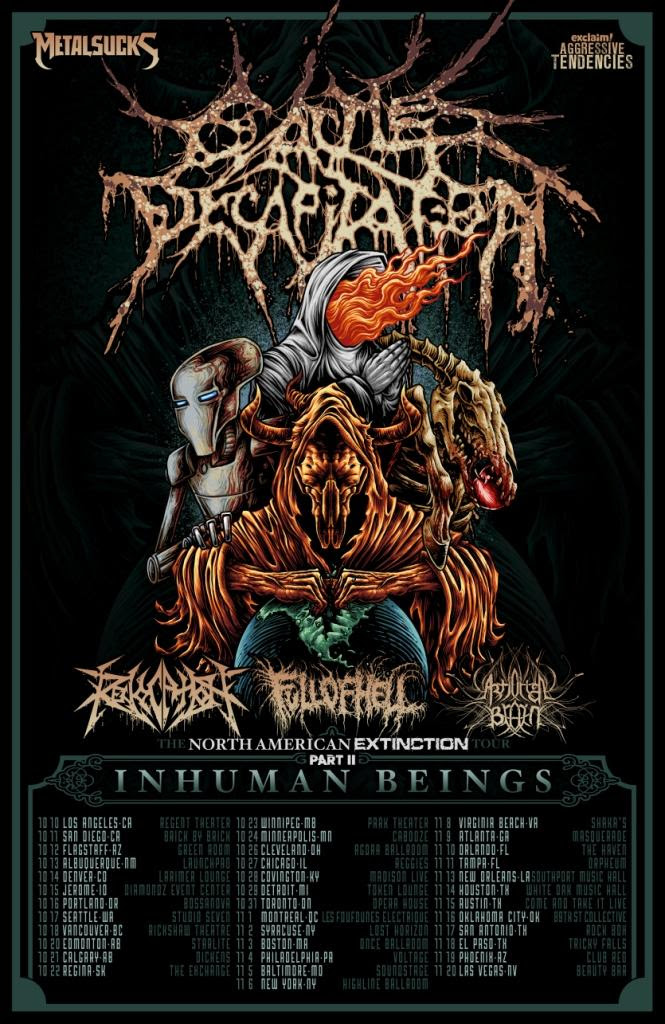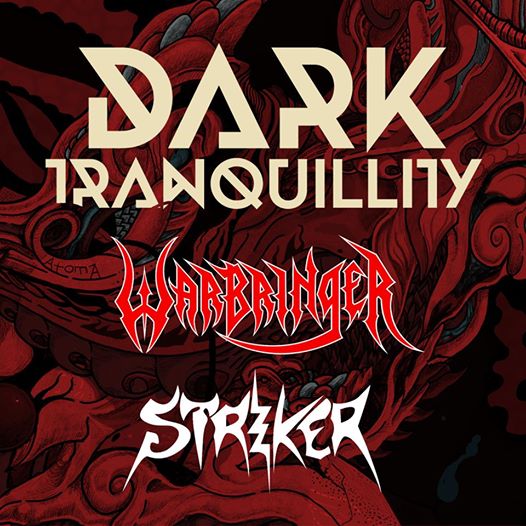Rob Flynn (Machine Head) - 'The mirror which flatters not'
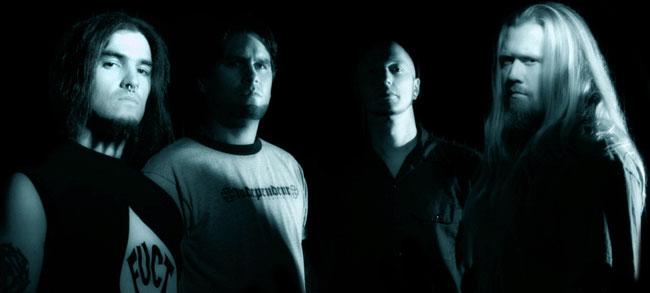 In the art of making music, especially for established artists or bands, it's often better to stick with what works rather than reinvent their music (or themselves). But when an artist or band has a creative vision or a yearning to think outside of the box-even if the motivation is purely selfish-win or lose, it's a ballsy move that is commendable. At the same time, while the critic is praising the band for its groundbreaking innovation on its new album, the longtime fan might think the same music that the critic is raving about sucks the big mule crank.
In the art of making music, especially for established artists or bands, it's often better to stick with what works rather than reinvent their music (or themselves). But when an artist or band has a creative vision or a yearning to think outside of the box-even if the motivation is purely selfish-win or lose, it's a ballsy move that is commendable. At the same time, while the critic is praising the band for its groundbreaking innovation on its new album, the longtime fan might think the same music that the critic is raving about sucks the big mule crank. Throughout the course of their 14 year career Machine Head has traveled a creative path that has, at times, been erratic when compared to other veteran metal bands that haven't done anything radically different to their sound or style of playing. Compared to its first two albums (which might be best labeled industrial-groove metal with blasts of thrash) Machine Head went quite a different direction artistically with The Burning Red. While there were those who loved the "nuer" sound, many couldn't grasp or even find the album's appeal. Supercharger, the band's follow-up, wasn't well-received either by the type of critics or fans who dissed the album's predecessor. Oddly, as the years pass, new and old fans who might have disregarded a certain phase of Machine Head's development, may come back to accept it-even love it. Call it an acquired taste, if you will. Call it a change...characteristic of a well-rattled heavy metal listener's psyche.
Machine Head will soon be releasing its follow up to 2004's Through the Ashes of Empires. The tracks have already passed through their preliminary recording course at the Sharkbite Studios in Oakland, California, a location close to where the band members reside. The post production will be taking place in London with longtime Machine Head collaborator Colin Richardson (Cannibal Corpse, Trivium, Bullet For My Valentine) and guitarist, vocalist and founding member Rob Flynn, who will wear the producer hat again, teaming up with Richardson for the mixing of the material. The sixth and highly anticipated studio release for the bludgeoning Bay Area quartet is entitled The Blackening. The album, according to Flynn, is a "big, ugly, dark, mean, fiery, beautiful beast of a monster."
"It wasn't really like we sat down and said "Hey, let's write these long songs," explains Flynn. "Dave [McClain] and I were freaking out on a lot of old Rush. Farewell to Kings, in particular. When we started writing for the record we didn't really know where to take it. We had a lot of success with Ashes (Through the Ashes of Empires) and we thought "Well, if it ain't broke don't fix it," but at the same time we knew the thing that made the Ashes what it was that we weren't really tied down to any conventional idea of what a song needed to be. We really had a nothing to lose attitude and when we were writing that album we didn't really have a lot of stuff going on, so it really became this kind of selfish music--music we were getting off on. When we went in to start writing this one, we wondered if we were trying to stick with that, because that worked or did we want to try and be even more selfish and writing fucked up music that's very unconventional. After we started writing these long songs we were just like "Maybe we should edit it down or what are we going to do about it? Are people going to want to play it on metal radio?" We had all these stupid questions that no one should even ask when they're writing music. Ultimately, we thought these songs will take people on a journey, like with a nine minute song--not like St. Anger, where it's like three riffs for nine minutes. This song (unnamed) is like 70 riffs (laughs). The thing that I think that we're most proud of is that it isn't just riff soup-it's a song, still. It's got a theme that we continually come back to, or a lyric or a melody or a main riff that ties it back. It's just that in between there are all these areas you go, and it's killer, man. I'm super, super excited for people to hear it. It's very ambitious."
Flynn explains how he and his bandmates came up with the title of The Blackening and describes its theme.
"It's a dark record. A lot of the other titles we were thinking of were a little too "hit you over the head" and "ram the idea down your throat." We wanted something a little more timeless and The Blackening seemed to have a more timeless feel. Right now we've been working on a cover that's based off of this image. It's a metal carving from the 1500's. Back then they used a lot of crude metal carving images'almost as propaganda. It was kind of like scaring people about going to hell or whatever. A lot of it had to do with devils and death and stuff like that. They were eventually banned for a while. The cover right now is like a skeleton sitting on a throne with his foot on top of the world and he's holding up a mirror and the mirror says "The mirror which flatters not." The reason we chose that image is that this whole record is like holding up a mirror to ourselves. It's talking about things that are going on now, but it's not necessarily specific to this time. There are two songs that have a pretty strong anti-war sentiment, but it's not the type of thing that's just about this war, you know what I mean? It's not necessarily a concept record in that sense, because the songs don't all tie together thematically. There isn't a story being told. I probably would have lost my mind if I would have had to tie all the lyrics together (laughs). It is about holding up a mirror to society."
On previous albums Flynn has exorcised his demons through the cathartic process of writing song lyrics. The Blackening's material touches on topics like love, depression, suicide and harsh reality, past and current. Will more of Flynn's truth be revealed in the new songs?
"As far as the songs about depression, suicide, and love--those are more of my venting of things," reveals Flynn. "But in another sense, no, because we have another song "Now I Lay Thee Down," which isn't necessarily about me. It's almost like the story of Romeo and Juliet. It's a really cool song. It's one of the best songs we've ever written, but it's really melodic. It's six minutes long, but still melodic (laughs). It has these really melancholy, big hooks'it's one of the simpler songs, but I'd say it's probably got about 25 riffs in it. Like the whole middle section goes off into this big thrash part and it goes into a breakdown'this three-part lead between Adam [Duce], Phil [Demmel] and I-very unconventional. It's this melodic song that is really beautiful and it was probably the easiest song we wrote. It literally poured out of us. Phil showed me the riff one night after practice. Driving home from practice I wrote the rest of it in my head in the 20 minutes it took for me to get from practice to my house. I came in the next day and we jammed it. The first batch of lyrics that I just made up off the top of my head on the spot is what is there now. It didn't really change a whole lot. I wrote about the most fucked up shit that I could think of (laughs). The song is about a dude who commits suicide'or his girlfriend helps him commit suicide, and she then commits suicide herself. It's depressing and it ends on a bad note (laughs). For me to be happy to sing this every night it's gotta be just completely fucked."
The tragic murder of Darrell "Dimebag" Abbott was an event that inspired a hateful, opportunistic fuck named William Grim to write and post a very derogatory letter aimed at Dimebag and his mourning fans. "The Aesthetics of Hate" is Rob Flynn and Machine Head's "fuck you" to Grim.
"It was on a conservative website called Iconoclast and it came out a day or two after he was murdered," Flynn recalls. "The guy called him an untalented possessor of a guitar and a scumbag of a human being and that he reaped what he sowed. And then he went on to bash anybody even mourning his death, like calling Dime's fans pathetic and fat and ugly. It was a hard enough thing to take in when you were dealing in that moment. We toured with Pantera twice and we knew Dime and we hung out with him. We weren't like best friends or anything, but I think we'd all call him a friend. To read all that on this huge website I was just like ‘Fuck these people, fuck this guy. Fuck this'. The song is a five minute burst of anger' just fuckin' Neanderthal anger, and it felt really fucking good."
Can you imagine what we would do if we didn't have music, particularly metal music? Toward the end of our conversation I voice my personal opinion to Flynn that heavy metal is probably the best form of therapy known to man. He agrees and elaborates on the subject.
"I don't know what I would have done without it. Metal was my life. I didn't have a very stable family. Going to shows and becoming friends with the kids, going up front raging for a band and going to the pit'that became my family. It just happened that I was learning how to play a guitar. I went from a kid being up front at the best shows to being the kid being on that same stage, playing right before the best (laughs). And I'm still that kid, you know? I love going to shows, hanging out, watching the bands up front or on the side, headbanging. The fucking GWAR show was awesome. I got to see them the last night on the tour. I got bled on (with GWAR juice), I was in the pit, just crowd surfing-it was fuckin' awesome. It was so amazing. That's what I did before Machine Head-me and Adam would always go to GWAR shows."
From 1992 to now, what is different or the same about Machine Head?
"I think there's a lot less fear," admits Flynn. "I remember during "Burn My Eyes" we would refuse to play the song "I'm Your God Now" live. It was too soft. We thought "Everyone's going to think we're pussies." I don't think we played that song for five years. I think we finally started playing it live in '99 and when we did everybody went fuckin' bananas. I think there's a more fearless attitude to try things. Part of it was that around '99 we obviously made a clear attempt to bring in-bring out other elements. Some of them worked, some of them didn't, but I think the biggest thing that came out of it was the gothy, melodic elements like on The Burning Red. Trying things like that. Like the melodic break on "Devil with the King's Card". I think the fear of trying melody up until that point went away once we saw we could do it. We had been trying to hide it. It's been a fuckin' interesting journey. It's been fuckin' great. I have no regrets about anything. Every victory was great and every failure was great. Out of failure you learn something. You can't learn something until you fail, because your sense of accomplishment with your victory will never be as harsh as your sense of failure. So you learn from it and you move on. Thankfully, we've been a type of band that has established a fan base not by methods like radio or anything like that. We built a fan base by touring and we've made a connection with people that goes well beyond a photo or a fuckin' single album. We've almost developed a culture around us because of the way we went about it. Our fans have stuck by us and supported us through all the different things we've tried and pretty much unanimously accepted it. I'm sure there are a couple of very vocal people who wonder why we're here 14 years later. I don't really understand why, but we're here. We're pretty fuckin' lucky."
Read More News
Tags:
Charlie Steffens aka Gnarly Charlie December 01, 2006

